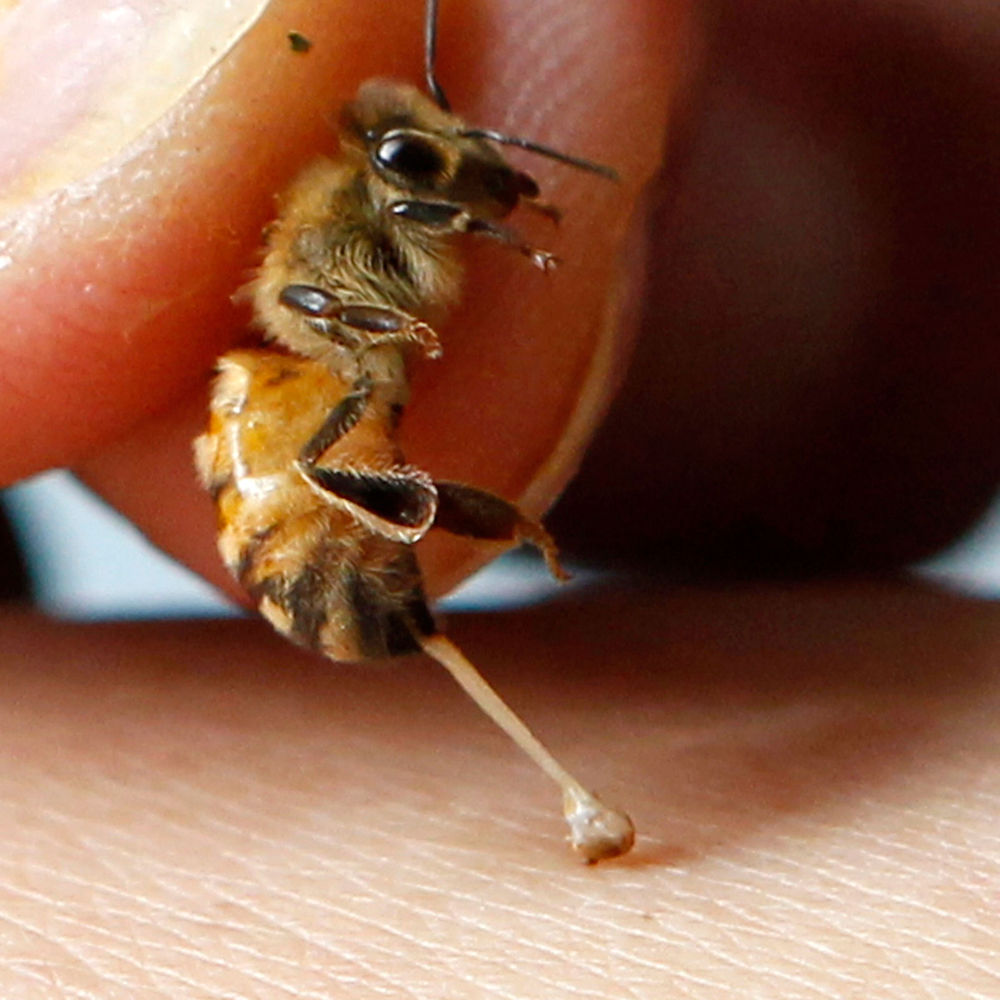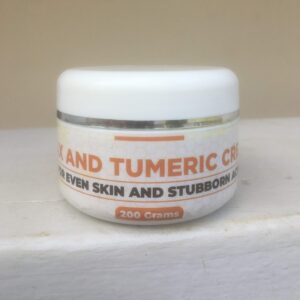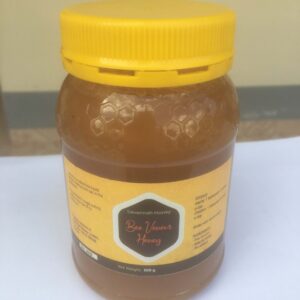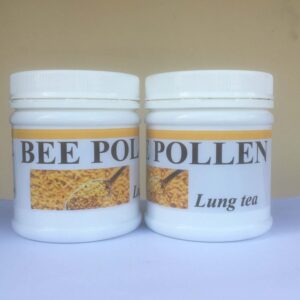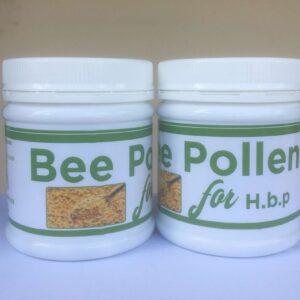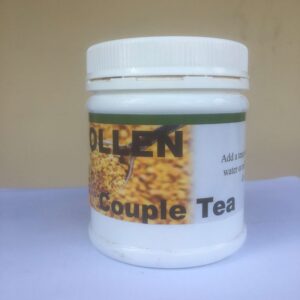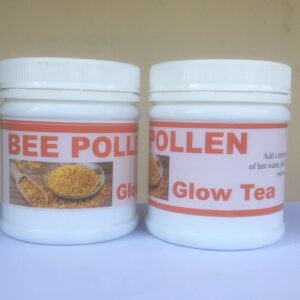Get the most out of your Beekeeping Venture
Apitherapy
Apitherapy is a recent natural remedy that has gained a lot of attention. Bee-derived products are used in this alternative therapeutic method to support both physical and mental health.
Apitherapy has a wide range of possible advantages, including the use of royal jelly, honey, propolis, and bee venom. Let’s get a better understanding at apitherapy looking at its background, numerous products, prospective applications, and factors to take into account.
Bee Venom Therapy
By no means is the idea of apitherapy new. Its roots can be found in prehistoric societies like the Egyptians and Greeks, who employed bee products for their therapeutic benefits.
Apitherapy came back into prominence in the 19th century by European doctors looking for alternative therapies after a period of obscurity. Since then, awareness of this all-encompassing strategy has increased.
Bee venom therapy, also known as apitherapy, involves using bee venom for its potential health benefits. This therapy has ancient roots in traditional medicine and involves controlled administration of bee stings.
Potential Benefits and Risks
Bee venom contains various bioactive compounds, including melittin, which is believed to possess anti-inflammatory and analgesic properties. Some proponents of bee venom therapy claim it can help with conditions such as arthritis, multiple sclerosis, and chronic pain. However, scientific research on its efficacy is limited, and the therapy carries risks, including allergic reactions.
Careful Consideration
Due to the potential risks associated with bee venom therapy, individuals interested in exploring this treatment should do so under the guidance of a trained healthcare professional.
Allergic reactions to bee venom can be severe and life-threatening, so thorough assessment and caution are paramount.

